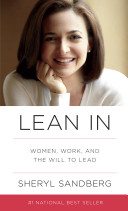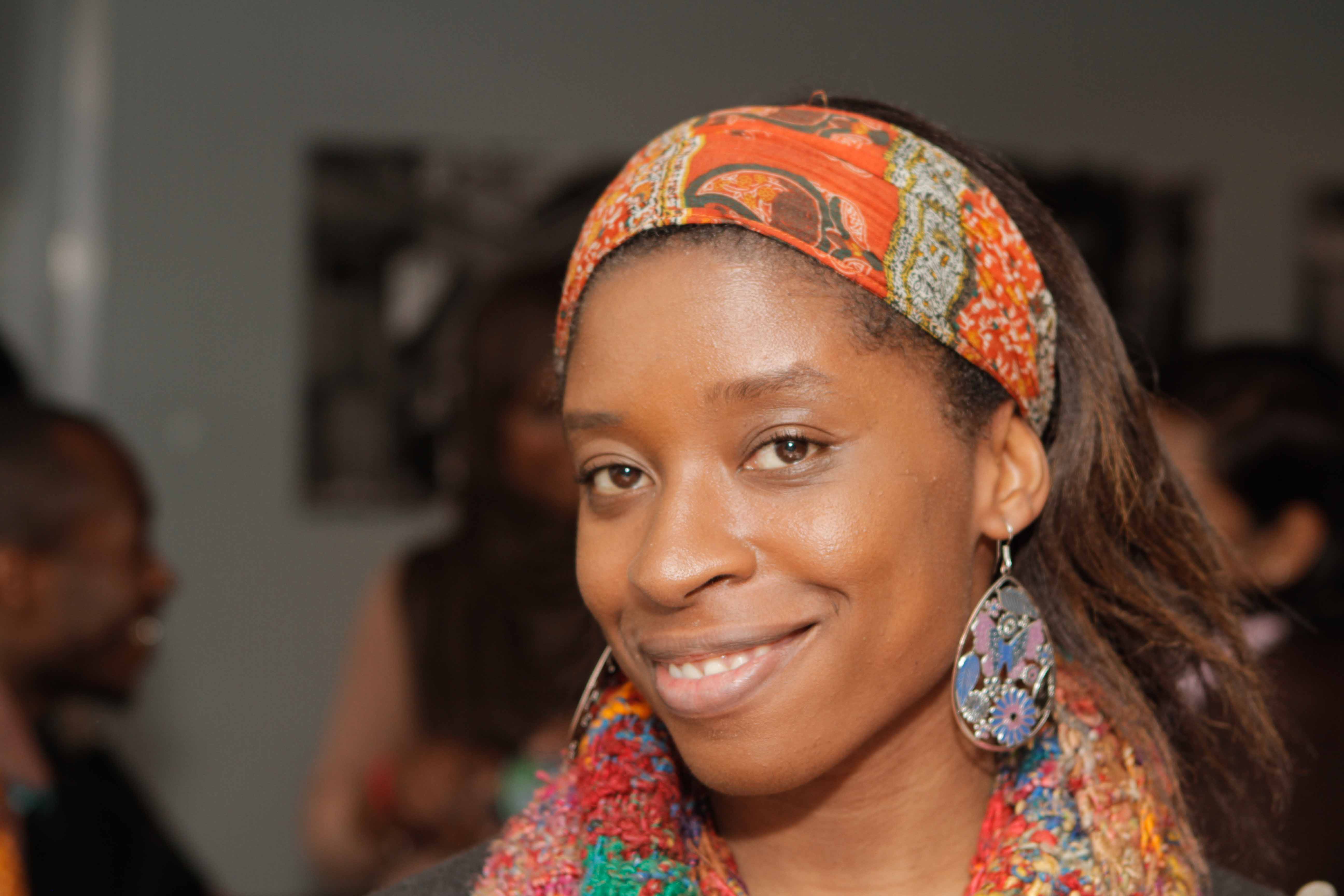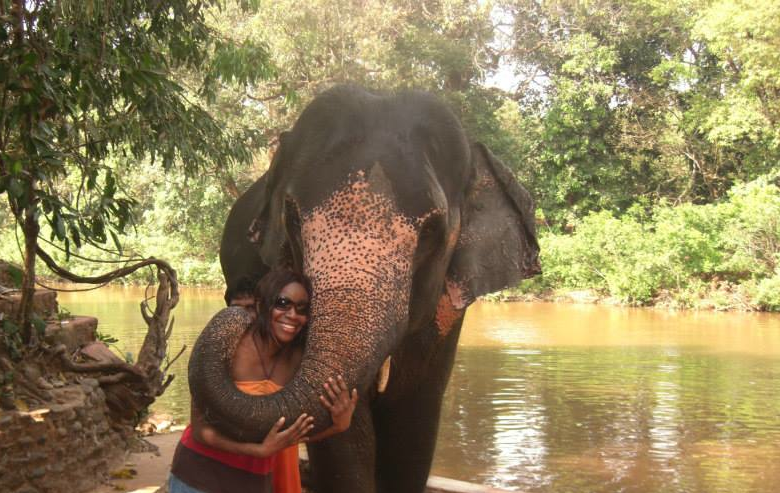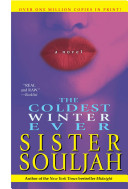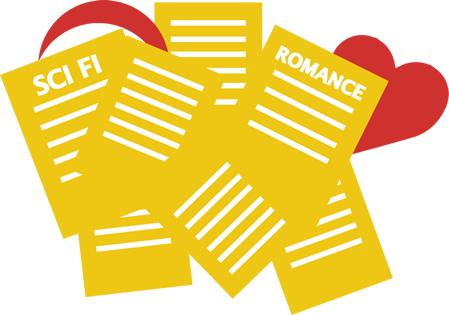“You may write me down in history 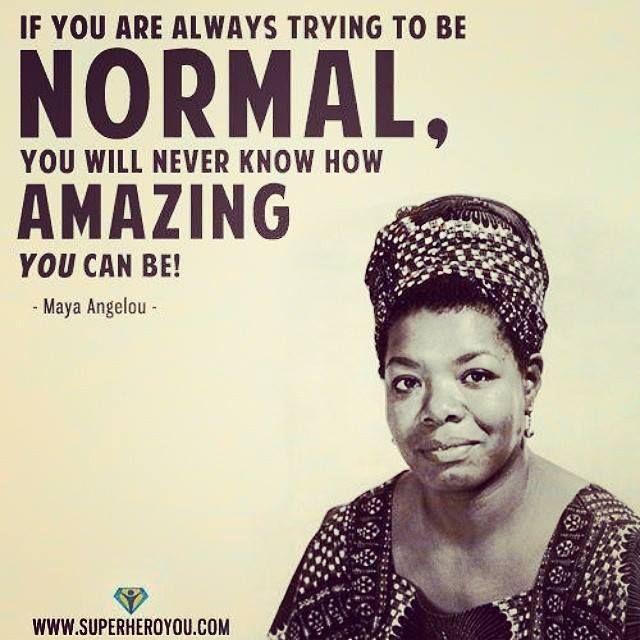
With your bitter, twisted lies,
You may tread me in the very dirt
But still, like dust, I’ll rise.
Does my sassiness upset you?
Why are you beset with gloom?
‘Cause I walk like I’ve got oil wells
Pumping in my living room.
Just like moons and like suns,
With the certainty of tides,
Just like hopes springing high,
Still I’ll rise.
Did you want to see me broken?
Bowed head and lowered eyes?
Shoulders falling down like teardrops.
Weakened by my soulful cries.
Does my haughtiness offend you?
Don’t you take it awful hard
‘Cause I laugh like I’ve got gold mines
Diggin’ in my own back yard.
You may shoot me with your words,
You may cut me with your eyes,
You may kill me with your hatefulness,
But still, like air, I’ll rise.
Does my sexiness upset you?
Does it come as a surprise
That I dance like I’ve got diamonds
At the meeting of my thighs?
Out of the huts of history’s shame
I rise
Up from a past that’s rooted in pain
I rise
I’m a black ocean, leaping and wide,
Welling and swelling I bear in the tide.
Leaving behind nights of terror and fear
I rise
Into a daybreak that’s wondrously clear
I rise
Bringing the gifts that my ancestors gave,
I am the dream and the hope of the slave.
I rise
I rise
I rise. ”
Maya Angelou
4 April 1928- 28 May 2014
Earlier this year, I decided to purchase the entire volume of Dr Maya Angelou’s autobiography. Since then I have devoured each word, marvelling over the prose and vivid descriptions of her subjects; gasping periodically at the scenarios of a life lived by this one woman.
I am currently on volume 3: The Heart of A Woman. Only this morning, I sat on the tube reading it with a smile on my face (as usual) as I read a passage confirming Dr Angelou had lived in the very area of London I now reside. This small minute detail thrilling every part of me; in some way ‘linking’ me with this wonderfully courageous, spirited and amazing woman.
When the news broke of her spiritual ascension I knew that although the world of literature and humanity as a whole had lost something beautiful, heaven had gained a new freedom fighting, deeply loving, witty, humble and courageous human being.
Rest in Paradise Dr Angelou.


